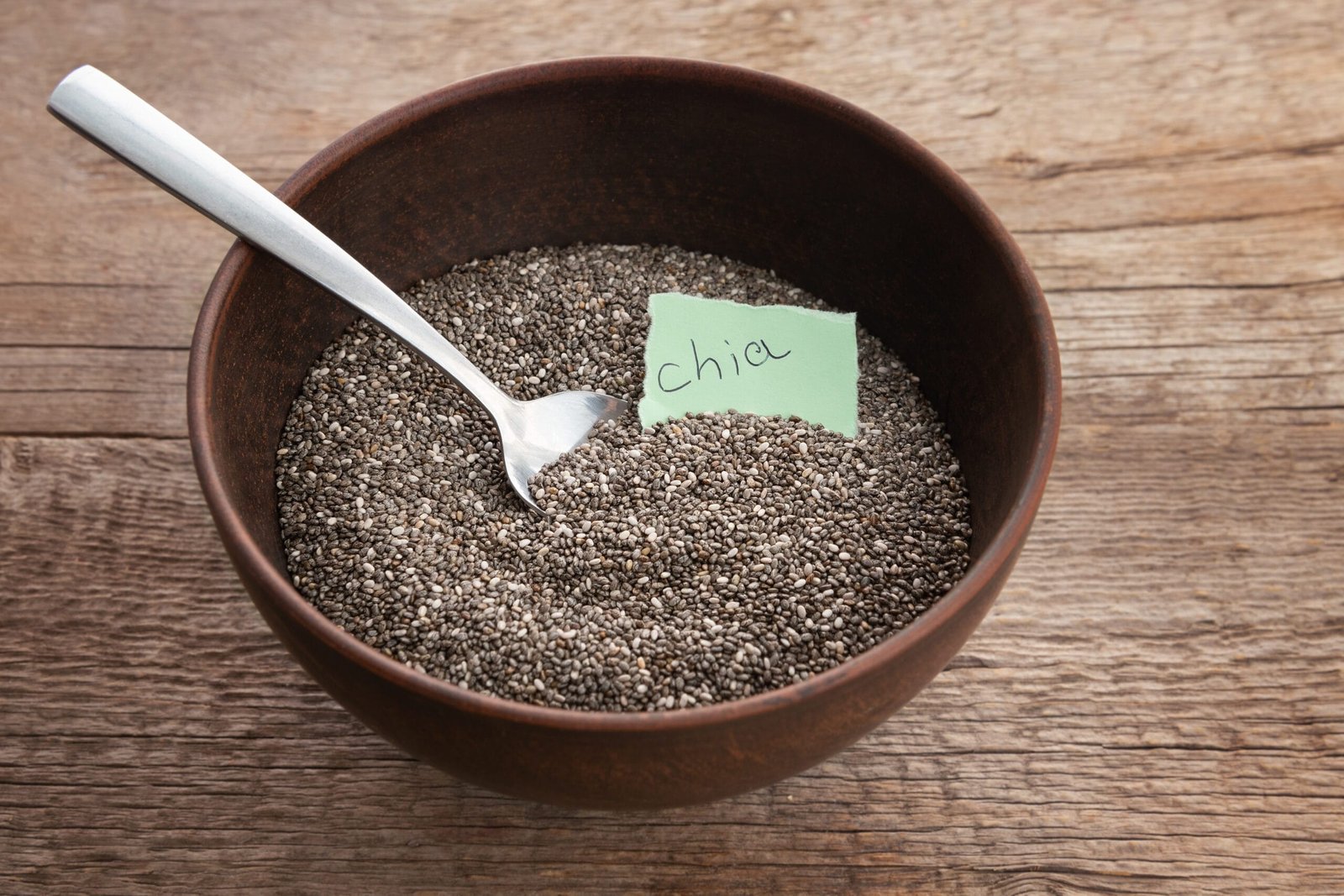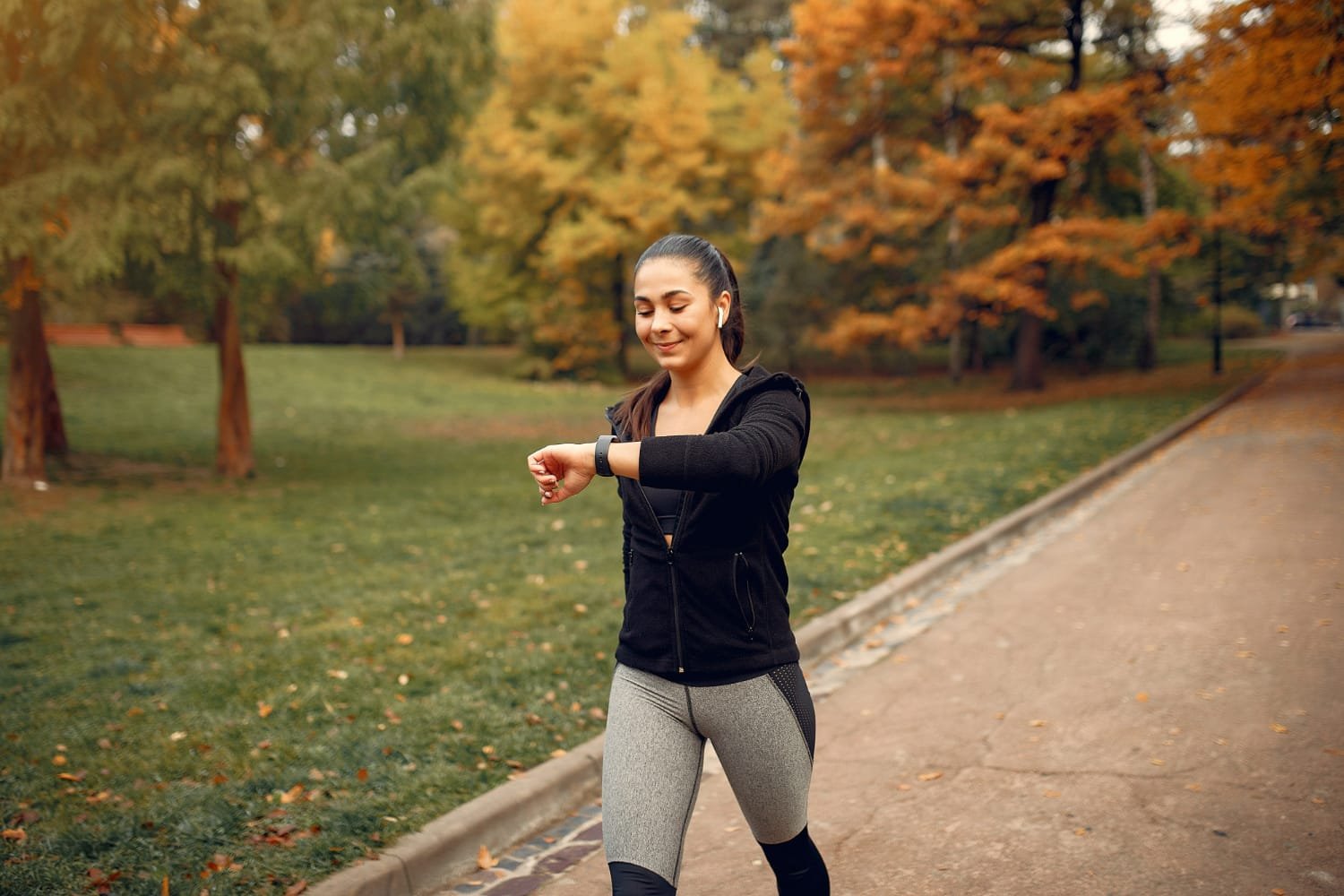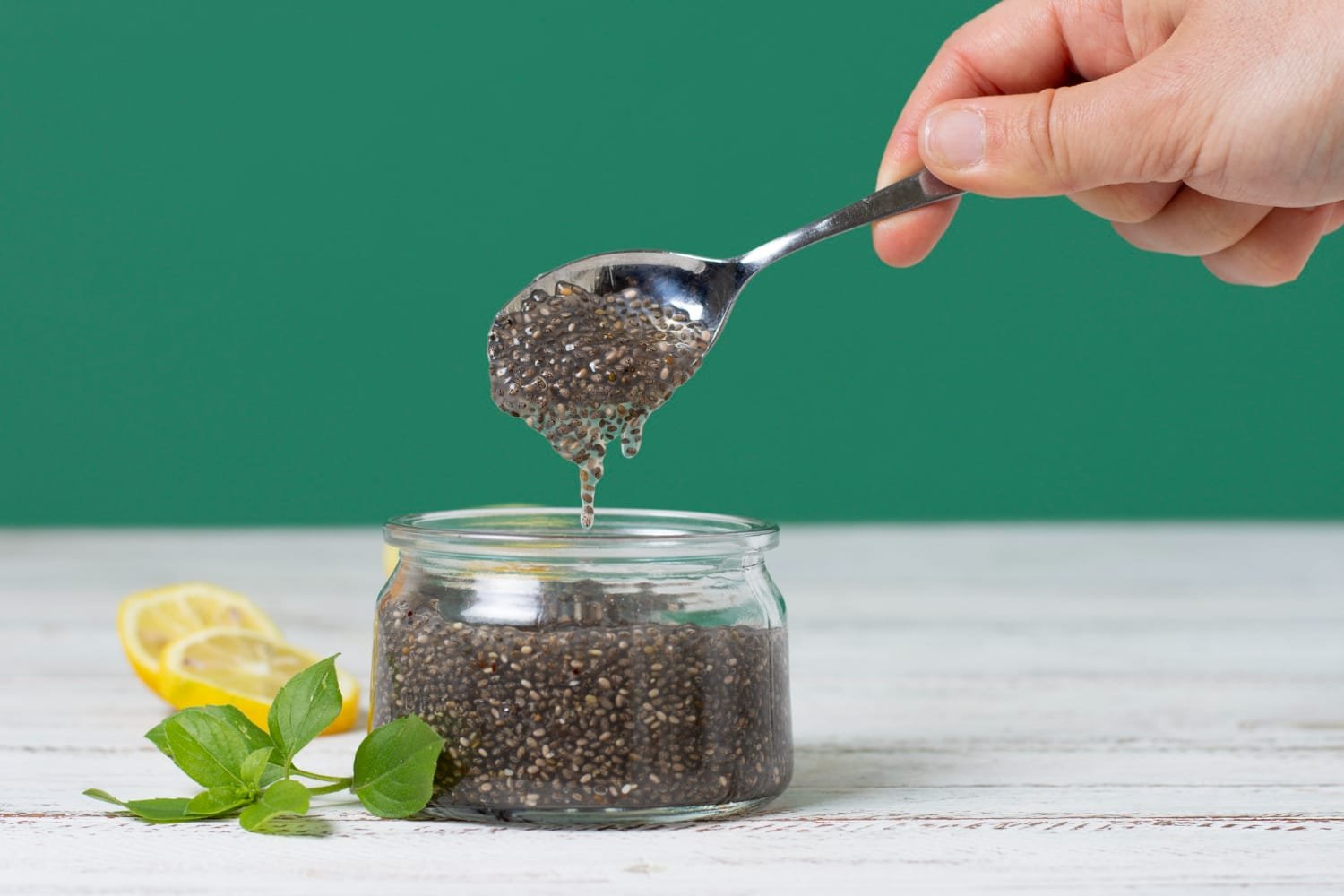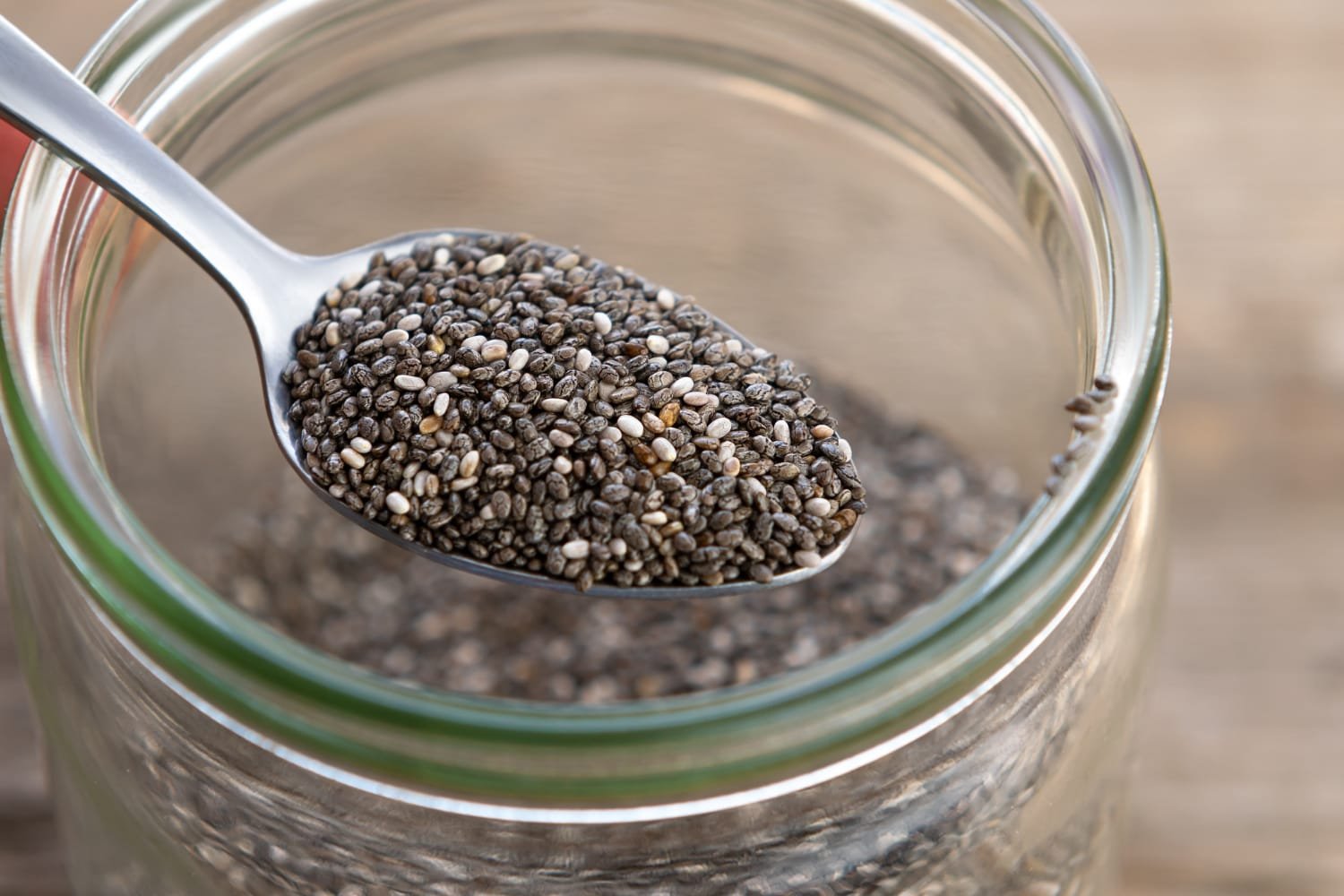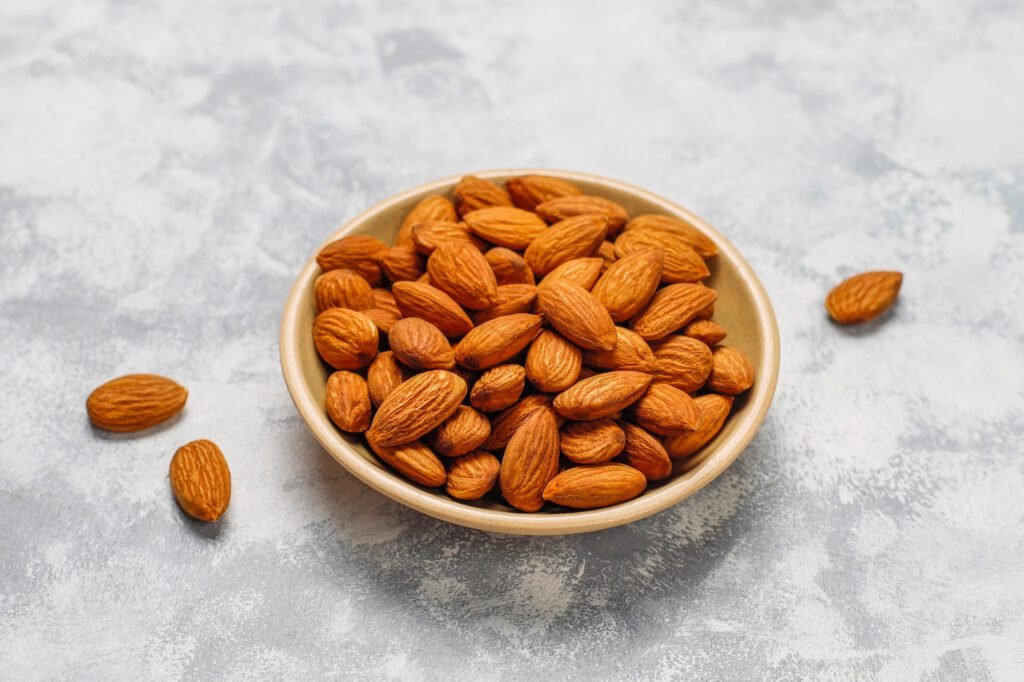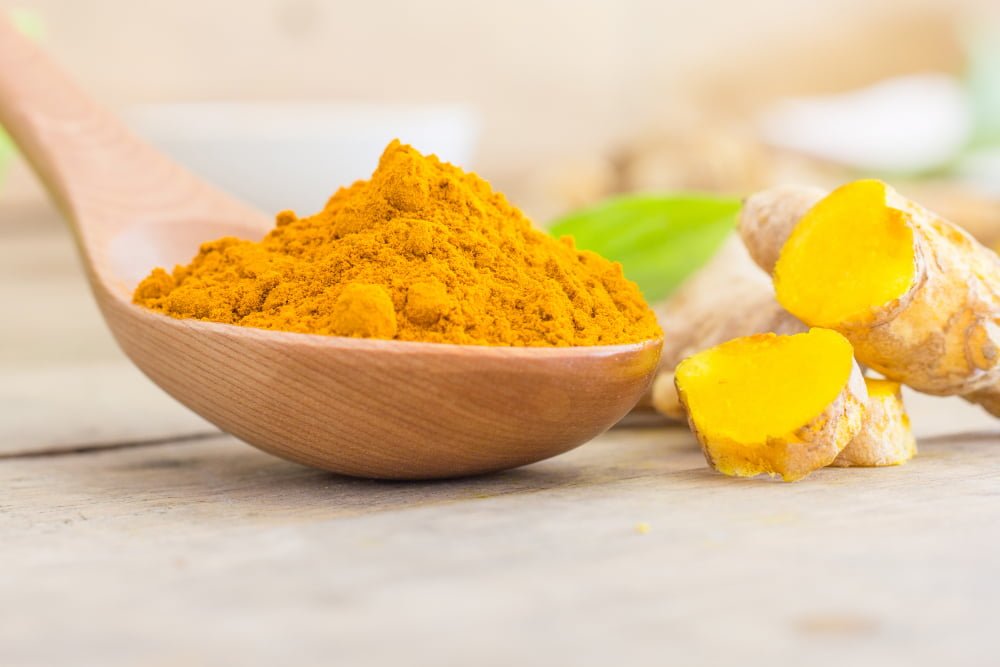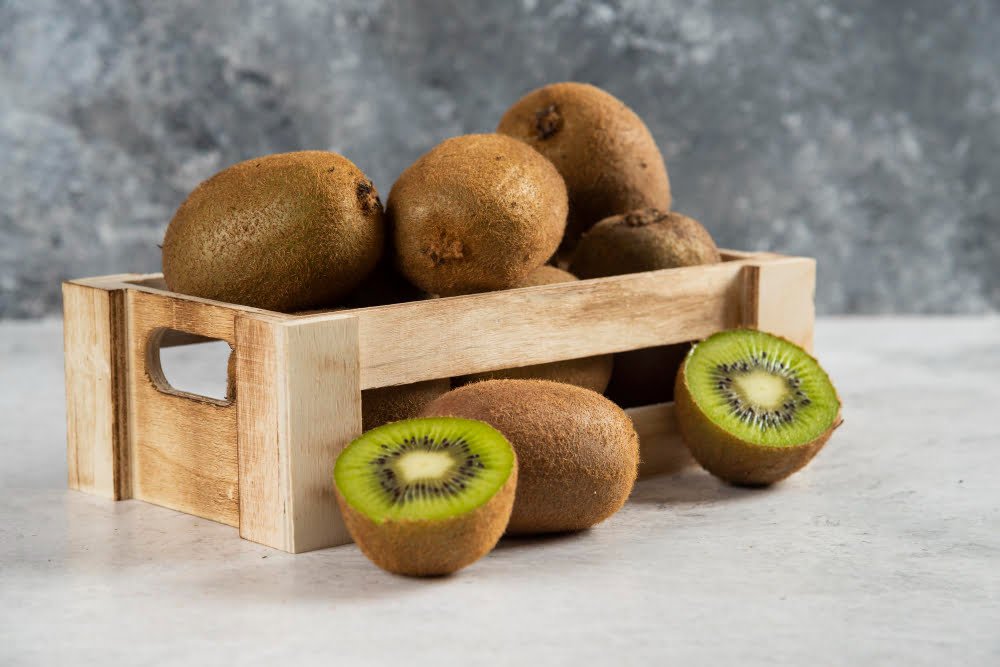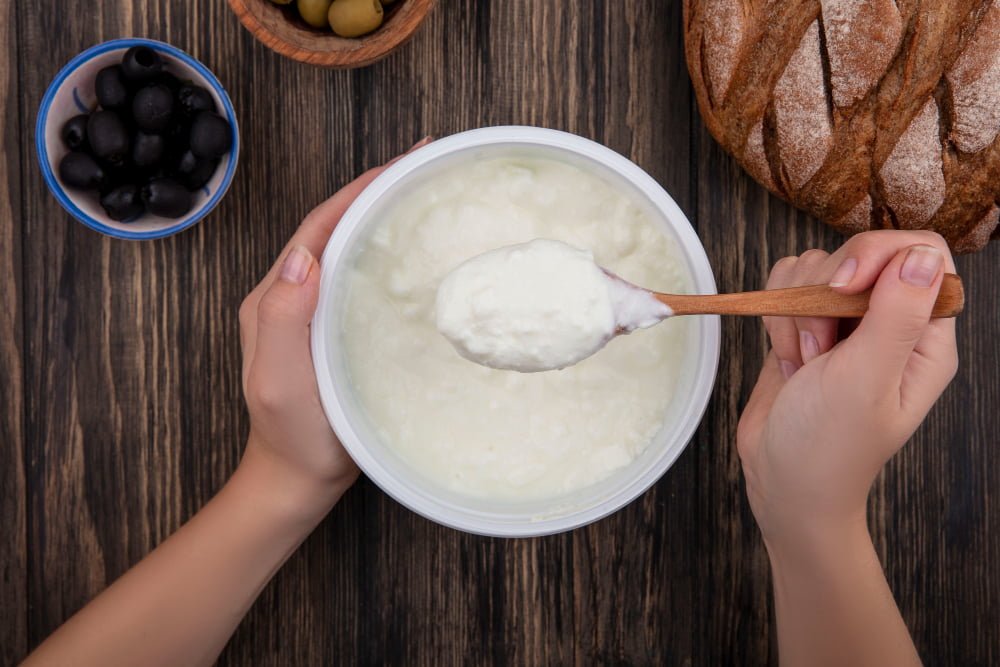Effective Ways To Strengthen Your Bones Naturally: Bones are the foundation of our body. They give us shape, support movement, protect vital organs, and store important minerals like calcium and phosphorus. As we age, our bone density naturally decreases.
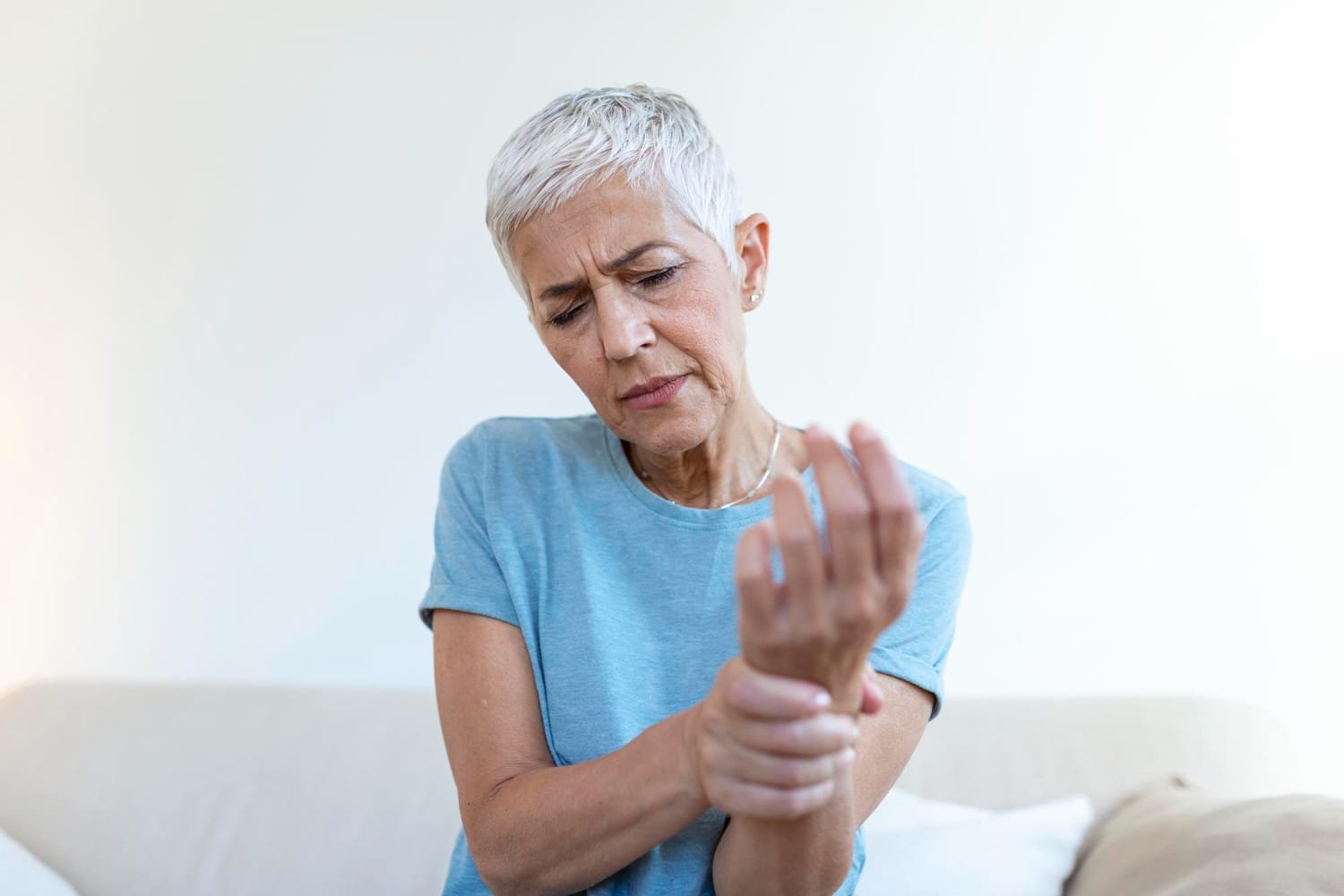
Without proper care through good nutrition and regular activity, bones can become weak, leading to problems like joint pain, fractures, and osteoporosis. The good news is that bones are living tissues and can be strengthened at any age. In this blog, let’s explore simple and effective ways to Strengthen Your Bones Naturally, so you can stay active and pain-free for years to come.
How To Strengthen Your Bones Naturally?
1. Eat Calcium-Rich Foods

Calcium is the most important mineral for maintaining strong and healthy bones. Our bones act like a calcium bank for the body. When we don’t get enough calcium through food, the body starts borrowing it from the bones, which slowly makes them weak and more likely to break. That’s why it’s important to eat foods that are rich in calcium every day.
Some of the best sources include dairy products like milk, cheese, and yoghurt. Green leafy vegetables such as spinach and kale are also great plant-based sources. You can also add almonds, tofu, and soy products to your meals. Fish like sardines and salmon (especially the ones with soft edible bones) are excellent choices too.
Additionally, many packaged foods like cereals, orange juice, and plant-based milk are now fortified with calcium. Health experts recommend that adults aim to get around 1000 mg to 1200 mg of calcium daily to keep their bones strong and healthy throughout life.
2. Get Enough Vitamin D

Vitamin D plays a major role in bone health because it helps the body absorb calcium properly. Without enough vitamin D, your body may struggle to use the calcium you eat, which means your bones might not get the full benefit.
One of the best natural sources of vitamin D is sunlight. Just spending about 15 to 20 minutes in morning sunlight a few times a week can boost your levels. Apart from sunlight, you can get vitamin D from fatty fish like salmon, tuna, and mackerel, as well as from egg yolks and fortified foods like milk and cereals.
Some people, especially older adults or those who stay indoors, may need vitamin D supplements, but it’s always best to consult a doctor before taking them. Keeping your vitamin D levels healthy is one of the easiest and most powerful ways to support strong bones.
3. Stay Physically Active

Exercise is not only good for your heart and muscles, but it’s also very important for keeping your bones strong. Physical activity helps your body build and maintain bone density. Weight-bearing and resistance exercises are especially helpful.
Simple activities like walking, jogging, dancing, and climbing stairs put pressure on your bones in a healthy way, encouraging them to grow stronger. Strength training with light weights or resistance bands can also improve bone health.
Even activities like yoga and stretching can help with balance and posture, reducing the risk of falls and fractures. Try to get at least 30 minutes of physical activity every day. Staying active regularly is one of the best things you can do for lifelong bone strength.
4. Avoid Too Much Caffeine and Soda

While a cup of tea or coffee now and then is fine, drinking too much caffeine or sugary sodas may not be good for your bones. Excess caffeine may reduce calcium absorption in the body, especially if your calcium intake is already low.
Similarly, sodas, especially cola drinks, often contain phosphoric acid, which can interfere with the body’s ability to use calcium properly. If you frequently replace milk or water with soft drinks, your bones could suffer in the long run.
It’s best to limit your intake of caffeinated drinks and fizzy sodas and instead choose healthier alternatives like water, milk, fresh juice, or herbal teas. Small changes in your beverage choices can make a big difference to your bone health.
5. Quit Smoking and Limit Alcohol

Smoking and heavy drinking are harmful to bone health. Smoking affects the production of bone-forming cells and reduces the flow of blood to the bones, slowing down their repair and weakening their structure.
Alcohol, when consumed in excess, interferes with the body’s ability to absorb calcium and affects the balance of hormones that are important for bone health. Together, these habits significantly increase the risk of bone loss and fractures, especially as you age.
Quitting smoking and limiting alcohol not only improve your overall health but also go a long way in keeping your bones healthy and strong for the long term.
6. Maintain a Healthy Weight
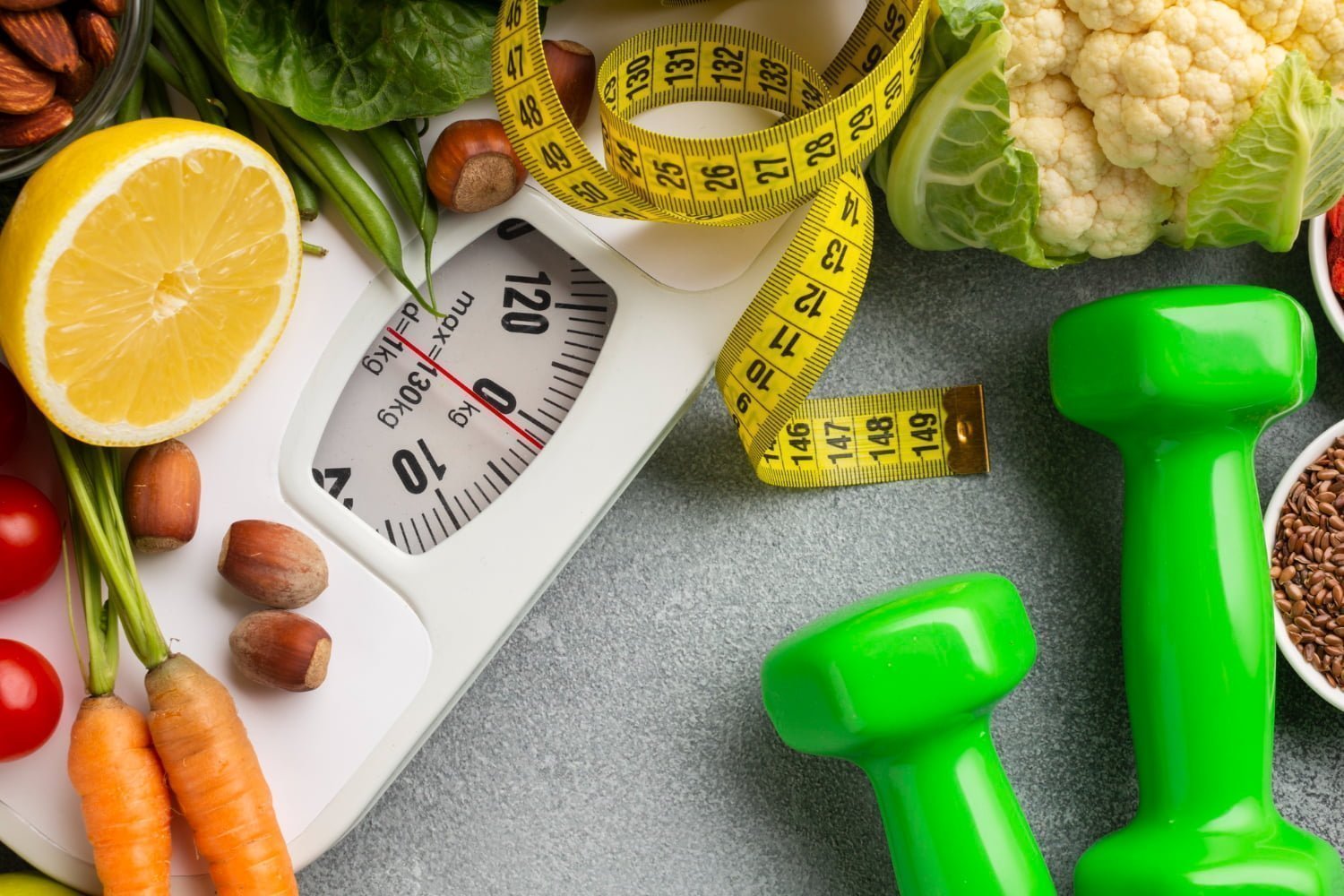
Keeping a healthy body weight is essential for bone health. If you are underweight, your bones may become weaker and more likely to break. On the other hand, being overweight puts extra pressure on your bones and joints, increasing the risk of problems like arthritis and bone stress.
Try to eat a balanced diet and stay physically active to keep your weight in a healthy range. Avoid extreme diets that cause quick weight loss, as they can reduce bone density. A stable, healthy weight helps protect your bones and supports overall well-being.
7. Take Bone Health Supplements if Needed

While a healthy diet is the best source of nutrients, sometimes our food may not provide everything our bones need, especially as we age or if we have health conditions. In such cases, your doctor may suggest supplements like calcium tablets, vitamin D capsules, or even magnesium and vitamin K2, which also play a role in bone health.
However, taking supplements without proper guidance can be risky. It’s always a good idea to get your nutrient levels checked and speak with a healthcare provider before starting any supplement. With the right support, supplements can be a helpful part of your bone health plan.
8. Get Regular Bone Check-ups

As we get older, our bones may naturally become weaker. That’s why it’s important to get regular bone density tests, especially after the age of 40 or if you have a family history of osteoporosis. These tests can help detect early signs of bone loss before you experience a fracture.
If a problem is found early, your doctor can guide you with diet, exercise, or medications to prevent further damage. Early awareness and treatment can help you maintain good bone health and avoid future complications.
9. Eat a Balanced Diet

Strong bones need more than just calcium and vitamin D. Other nutrients like magnesium, phosphorus, vitamin K, zinc, and protein are also very important. To get all these nutrients, try to eat a balanced and colourful diet that includes a variety of food groups.
Whole grains, nuts, seeds, beans, fruits, vegetables, eggs, and lean meats are all excellent choices. Each nutrient works together to support bone formation, repair, and strength. A healthy, balanced diet will not only help your bones but also boost your overall health and energy levels.
10. Stay Hydrated

Drinking enough water is often overlooked when it comes to bone health, but it plays a key role in keeping your joints lubricated and tissues strong. Dehydration can lead to joint pain, cramps, and reduced flexibility, which may increase the risk of falls and injuries.
Make it a habit to drink at least 6 to 8 glasses of water daily. During hot weather or physical activity, you may need even more. Staying well-hydrated is a simple but powerful habit that supports your bones and your whole body.
Conclusion
Your bones support your body every single day, so it’s important to support them with healthy habits. By eating calcium and vitamin-D-rich foods, staying active, avoiding harmful habits like smoking and drinking, and maintaining a balanced diet, you can keep your bones strong and healthy for life.
Even small changes like walking daily, sitting in the morning sun, or drinking more water can make a big difference. It’s never too early or too late to take care of your bones. Start today, and your body will thank you in the future.
Image Credit: Freepik


